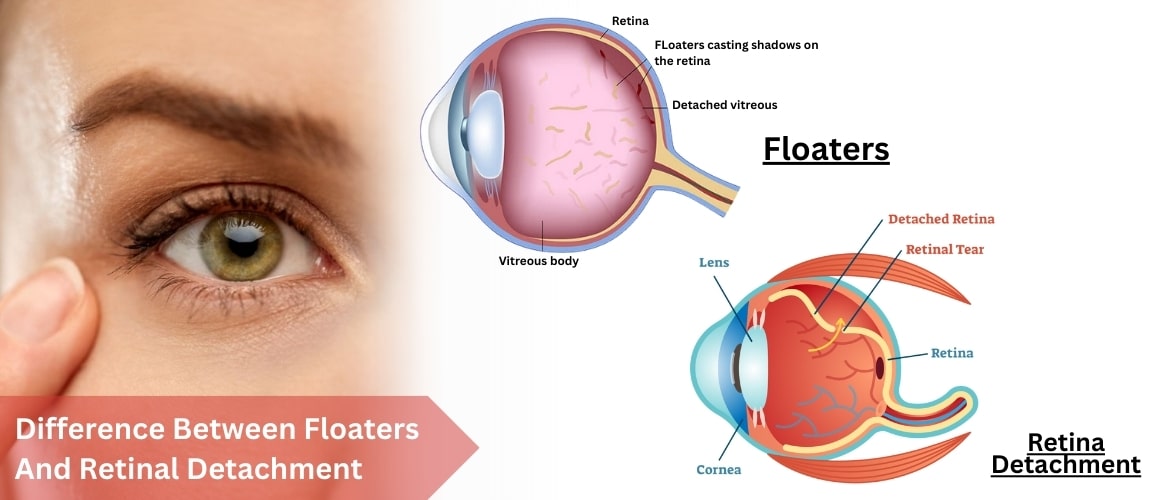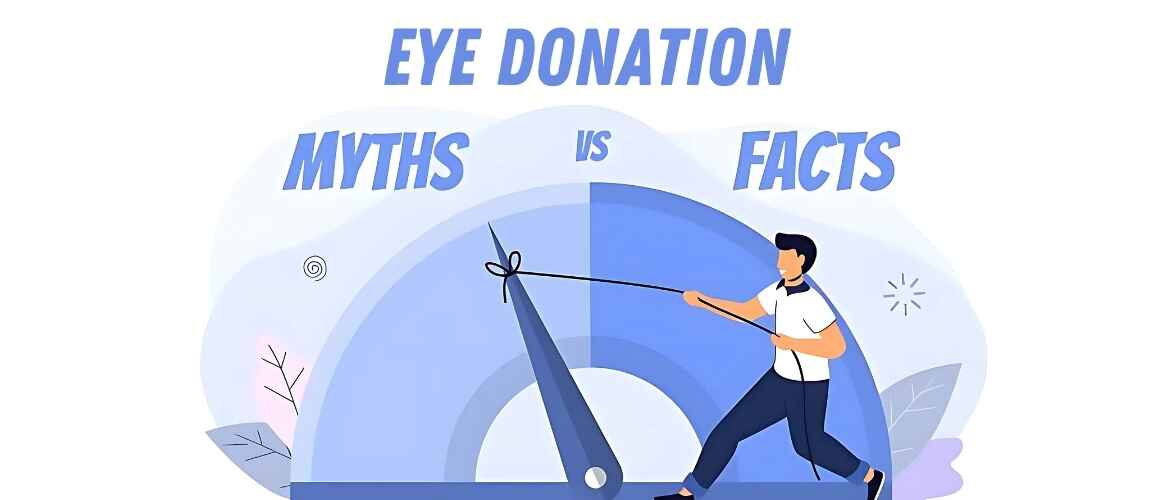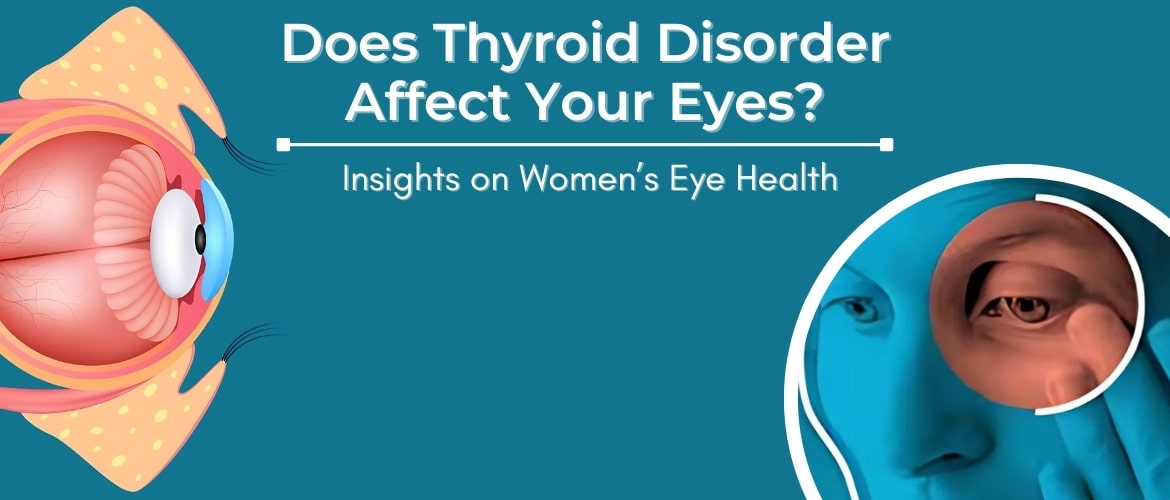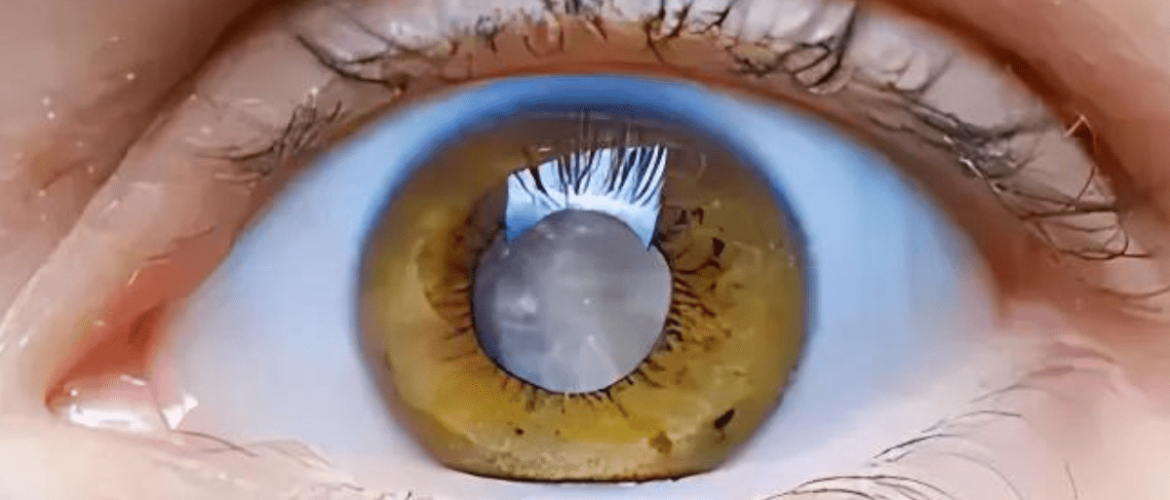Eye floaters or spots are some specks, dots or lines in the field of your vision. Though harmless, they can be the initial symptom of retinal detachment. Booking an appointment with an eye specialist before the time flies is recommended. We have thoroughly explained the difference between floaters and retinal detachment here so you can better understand your eye health. What Are Floaters? Eye floaters are simply spots/ black
Eye donation is one of the noblest acts of charity. It has been a boon to millions of people with corneal blindness. One small act of kindness can help these people to see the colourful world around us. The donation of eyes from one individual can save the sight of four people. But, sadly, only 5% of corneal transplants are met. This shortfall is largely due to the many myths surrounding eye donation. Read the full article
The thyroid gland is a small but significant organ found at the neck’s base. The gland secretes a hormone essential to regulate metabolism and hormonal disorders. The malfunctioning of the thyroid gland leads to hypothyroidism or hyperthyroidism, which significantly impacts the functioning of various organs of our body including the eye. Thyroid Eye Disorder (TED) or Graves ophthalmology, is a common eye disorder associated with the thyroid gland malfunctioning. The common symptoms of the disorder include dryness,
Comprehensive Guide to Glaucoma: Diagnosis and Treatment Glaucoma is an eye condition in which the optic nerve gets damaged due to excessive pressure caused by the aqueous humour (eye fluid). The disease is commonly found in people more than 60 years old. It is the primary cause of blindness in old age people. The vision loss caused by the disease is irreversible therefore, timely intervention is significant. There are two types of glaucoma: open-angle and closed-angle. The open angle is asymptomatic whereas
Understanding Glaucoma: Types, Symptoms, Causes, and Treatment Glaucoma is an eye disorder that damages the optic nerve. It usually occurs when excessive fluid accumulates in the front part of the eye making it difficult to see. This excessive fluid increases the intraocular pressure (IOP), damaging the optic nerve. It is the leading cause of blindness in people above 60 years, but early detection and treatment can prevent it. The disease is also called the “Silent thief of sight” since it has no
What is Glaucoma? Glaucoma is a group of eye disorders that damages the optic nerve of the eye. It generally develops when there is excessive fluid in the eye. The extra fluid creates pressure (intraocular pressure) in your eye which results in damage to the optic nerve. Glaucoma can occur in any age group. It is the primary cause of blindness in people older than 60 years. Some people even get the disease with normal pressure. Negligence in treatment can lead to






